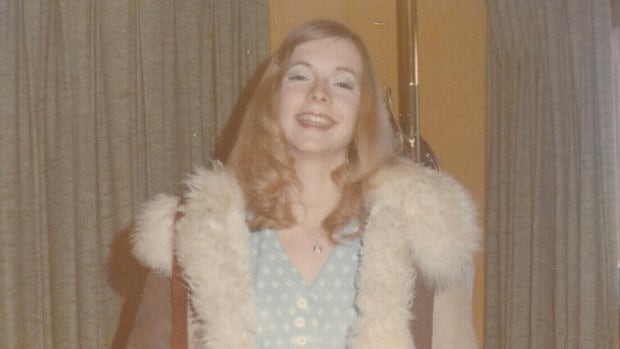Ishaan Holloway says he’s ecstatic to beat all presumptions about him and people like him.
Holloway, 19, has severe regressive autism and doesn’t speak. The Calgarian is also an award-winning poet and published author.
He talks about his latest accomplishment, a Grade 12 diploma, by typing his answers on a keyboard one letter at a time.
“It was sometimes hard to keep going, and giving up definitely crossed my mind, [but] I wanted to fight for the rights of people with severe disabilities, and the only way to do that was by setting a worthwhile example,” writes Holloway.
That motivation is behind a lot of Ishaan’s milestones. As is his family.
“We are so proud of him because, to be honest with you, we were made to feel that he won’t be able to ever achieve what he has, and that was a real downer for us for many, many years,” said Mousumee Dutta, Ishaan’s mom.
A system that is ‘unintentionally cruel’
Dutta recalls Ishaan developing as a typical child up until the age of 18 months.
At that time, she says, he started regressing, losing his ability to walk, speak, display social skills. He was diagnosed with autism at age two.
The couple eventually enrolled Ishaan in a private school specialized for autistic children. However, they found teachers kept focusing on learning the basics, such as the alphabet, and weren’t open to investing more time and energy into going beyond that even as Ishaan began to use a letterboard to communicate.
“It’s really required a lot of perseverance made more challenging by the fact that the system is really designed — not intentionally cruelly, but unintentionally cruelly — to dismiss your kids, to write them off,” said Ian Holloway, Ishaan’s dad.
Then, in 2018, Dutta gave up her career to homeschool her son. They chose a Grade 3 curriculum to start him with, which he quickly mastered.
“These kids are just so locked in their bodies, and they’re just so smart, but they have no means of showing how smart and intelligent they are,” said Dutta.
Empowering, inspiring
The family says they found a lot of support from homeschooling agencies, the most recent one being Summit West Independent School (SWIS), which assisted Ishaan during his high school years.
The head of the school’s home education department says she works with a lot of neurodiverse students and that it’s rare for someone such as Ishaan to graduate from high school in Alberta.
“[But] what isn’t rare is our underestimation of neurodiverse kids, and we have to change that,” said Grace-Anne Post, director of the school’s home education program.
Post attributes Ishaan’s success to a supportive family who were able to access resources, his tutors, and the trust and belief that he’s capable.
“That empowerment is huge and opening the door to knowing the possibilities — that’s an unending story right there,” said Post.
One of his tutors, a fourth-year neuroscience student at the University of Calgary, helped him in math, physics and psychology.
“He’s very, very gifted and very, very smart,” said Daniel Pytyck. “I admire him a lot.”
More dreams to fulfil
The only downside on this journey, Ishaan says, is not having classmates to collaborate with, or help motivate him when the going gets tough.
“So it has been kind of lonely at times,” he writes.
Still, he has no plans to stop with a Grade 12 diploma. He says he would like to go to university, acknowledging that would be a big step forward.
“I would like to study psychology, and some day help people like me,” he writes.
His parents say it would be too hard for Ishaan to sit in a class until he builds up his social skills. So for now, they have begun looking at online universities and plan to start slowly, with one course.
“I’m pretty confident it will go well, but I’m also confident there’ll be adjustment involved,” said Ian Holloway.
As for Ishaan, he offers some advice to anyone who may be struggling to reach their goals.
“Don’t give up! You will have bad days sometimes. I know I do. But never give up. Always remember that you are not alone, and that there are plenty of people who want you to succeed,” he writes.






